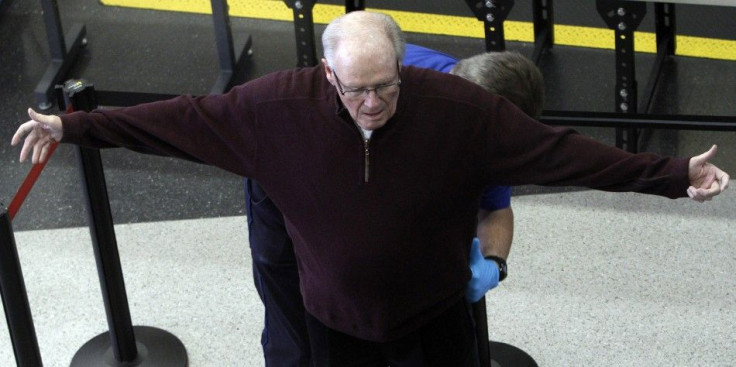TSA Warns Airlines of Human Bomb Implants

Though there is no indication that an attack is imminent, a U.S. security official said on Wednesday that militants are showing renewed interest in using surgically implanted bombs to blow up commercial flights.
The Department of Homeland Security has identified a potential threat from terrorists who may be considering surgically implanting explosives or explosive components in humans to conduct terrorist attacks, the advisory to foreign counterparts said, according to the U.S. security official.
Such a threat is likely to come from overseas rather than domestically, but precautions were being taken on both sides, the official said on condition of anonymity.
Authorities in the U.S. have warned their counterparts abroad as well as all air carriers about the new information and are taking steps to boost security.
In light of the capture and death of al Qaeda leader Osama bin Laden in May, authorities have been on high alert, ramping up security at airports, government buildings, and other facilities in case of a retaliatory strike.
While attacks in the past have involved explosives packaged in luggage, shoes, or clothing, authorities say that explosives implanted in a person's body have been a concern for some time. The idea was examined in the past by intelligence agencies, but new information has suggested that terrorist groups are seriously considering the technique, officials said.
There was no comment as to whether this new threat had anything to do with documents uncovered in bin Laden's compound in Abbottabad, Pakistan.
A spokesman for the Transportation Security Administration, Nicholas Kimball, said that passengers flying to the United States are likely to face additional screening measures.
These measures are designed to be unpredictable, so passengers should not expect to see the same activity at every international airport, Kimball said. Measures may include interaction with passengers, in addition to the use of other screening methods such as pat-downs and the use of enhanced tools and technologies.
Existing scanners will not detect certain explosive materials like PETN under the skin.
READ:
'Trusted Travel' Program Could Expedite Airport Security Check
Released Stowaway Tries for Second Flight with Bogus Boarding Pass, Gets Caught Again
© Copyright IBTimes 2024. All rights reserved.





















